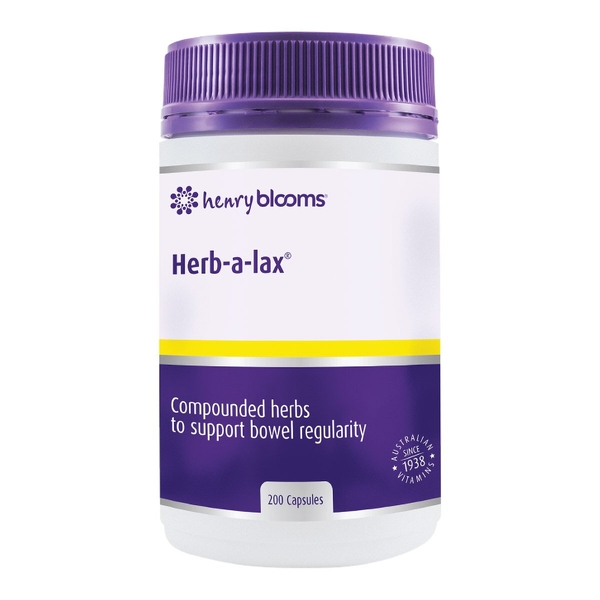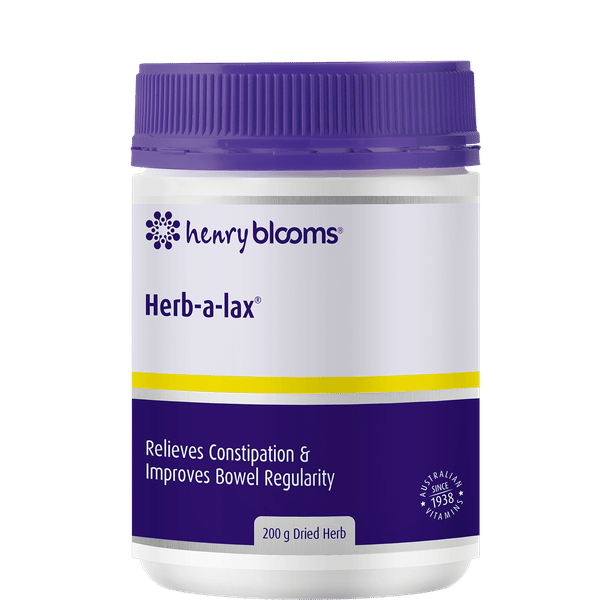
Background
Alder buckthorn is mainly used for constipation. It is also used as a tonic or as an ingredient in the Hoxsey cancer formula, but there is no good scientific evidence to support these uses.
Safety Safety definitions
Special Precautions & Warnings:
Pregnancy and breast-feeding: It is LIKELY UNSAFE to take alder buckthorn by mouth during pregnancy or breast-feeding. Avoid using it.Children: Alder buckthorn is LIKELY UNSAFE when taken by mouth by children younger than 12 years of age.
Diarrhea: Don't use alder buckthorn if you have diarrhea. Its laxative effects may worsen this condition.
Intestinal disorders, including intestinal blockage, appendicitis, Crohn disease, irritable bowel syndrome (IBS), or ulcerative colitis: Don't take alder buckthorn if you have a bowel obstruction; appendicitis; unexplained stomach pain; or inflammatory conditions of the intestines including Crohn disease, colitis, and irritable bowel syndrome (IBS).
Effectiveness
- Constipation. Alder buckthorn contains certain chemicals that work as laxatives. Alder buckthorn seems to relieve constipation about as well as cascara.
- Cancer.
- Other conditions.
Dosing & administration
BY MOUTH:
- For constipation: the typical dose of alder buckthorn is 0.5-2.5 grams of the dried bark. Take only the amount of bark needed to produce a soft stool. Alder buckthorn is also taken as a tea. The tea is prepared by steeping alder buckthorn in 150 mL of boiling water for 5-10 minutes and then straining. Alder buckthorn is also available as a liquid extract. The common dose of the liquid extract: (1:1 in 25% alcohol) is 2-5 mL three times daily. This preparation should be used only if diet change and bulk-forming laxatives don't work. Don't use the extract for more than seven to ten days.
Interactions with pharmaceuticals
Digoxin (Lanoxin)
Interaction Rating=Moderate Be cautious with this combination.
Alder buckthorn is a type of laxative called a stimulant laxative. Stimulant laxatives can decrease potassium levels in the body. Low potassium levels can increase the risk of side effects of digoxin (Lanoxin).
Medications for inflammation (Corticosteroids)
Interaction Rating=Moderate Be cautious with this combination.
Some medications for inflammation can decrease potassium in the body. Alder buckthorn is a type of laxative that might also decrease potassium in the body. Taking alder buckthorn along with some medications for inflammation might decrease potassium in the body too much.
Some medications for inflammation include dexamethasone (Decadron), hydrocortisone (Cortef), methylprednisolone (Medrol), prednisone (Deltasone), and others.
Stimulant laxatives
Interaction Rating=Moderate Be cautious with this combination.
Alder buckthorn is a type of laxative called a stimulant laxative. Stimulant laxatives speed up the bowels. Taking alder buckthorn along with other stimulant laxatives could speed up the bowels too much and cause dehydration and low minerals in the body.
Some stimulant laxatives include bisacodyl (Correctol, Dulcolax), cascara, castor oil (Purge), senna (Senokot) and others.
Warfarin (Coumadin)
Interaction Rating=Moderate Be cautious with this combination.
Alder buckthorn can work as a laxative. In some people alder buckthorn can cause diarrhea. Diarrhea can increase the effects of warfarin and increase the risk of bleeding. If you take warfarin do not to take excessive amounts of alder buckthorn.
Water pills (Diuretic drugs)
Interaction Rating=Moderate Be cautious with this combination.
Alder buckthorn is a laxative. Some laxatives can decrease potassium in the body. "Water pills" can also decrease potassium in the body. Taking alder buckthorn along with "water pills" might decrease potassium in the body too much.
Some "water pills" that can decrease potassium include chlorothiazide (Diuril), chlorthalidone (Thalitone), furosemide (Lasix), hydrochlorothiazide (HCTZ, HydroDiuril, Microzide), and others.
Interactions with herbs & supplements
Alder buckthorn can also cause the body to lose potassium because it is a stimulant laxative. Stimulant laxatives speed up the bowels. As a result, food may not remain in the intestine long enough for the body to absorb minerals such as potassium. This can lead to lower than ideal potassium levels.
Using alder buckthorn along with an herb that contains cardiac glycosides can cause the body to lose too much potassium and increase side effects of the cardiac glycosides, which can cause heart damage. Herbs that contain cardiac glycosides include black hellebore, Canadian hemp roots, digitalis leaf, hedge mustard, figwort, lily of the valley roots, motherwort, oleander leaf, pheasant's eye plant, pleurisy root, squill bulb leaf scales, star of Bethlehem, strophanthus seeds, and uzara. Avoid using alder buckthorn with any of these.
Horsetail: Alder buckthorn is a type of laxative called a stimulant laxative. Stimulant laxatives can decrease potassium levels in the body. Horsetail can also decrease potassium levels. Using alder buckthorn along with horsetail could increase the risk of potassium levels dropping too low.
Licorice: Alder buckthorn is a type of laxative called a stimulant laxative. Stimulant laxatives can decrease potassium levels in the body. Licorice can also decrease potassium levels. Using alder buckthorn along with licorice could increase the risk of potassium levels dropping too low.
Stimulant laxative herbs: There is a concern that using alder buckthorn with other stimulant laxative herbs might increase the risk of potassium levels dropping too low. Stimulant laxative herbs include aloe, black root, blue flag, butternut bark, colocynth, European buckthorn, fo ti, gamboge, gossypol, greater bindweed, jalap, manna, Mexican scammony root, rhubarb, senna, yellow dock.






